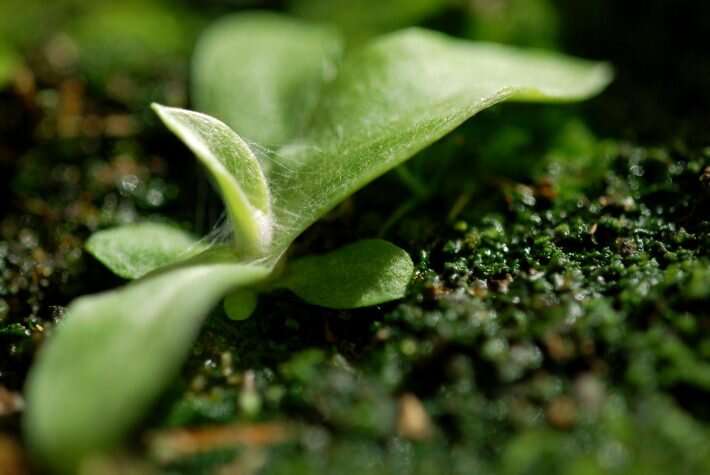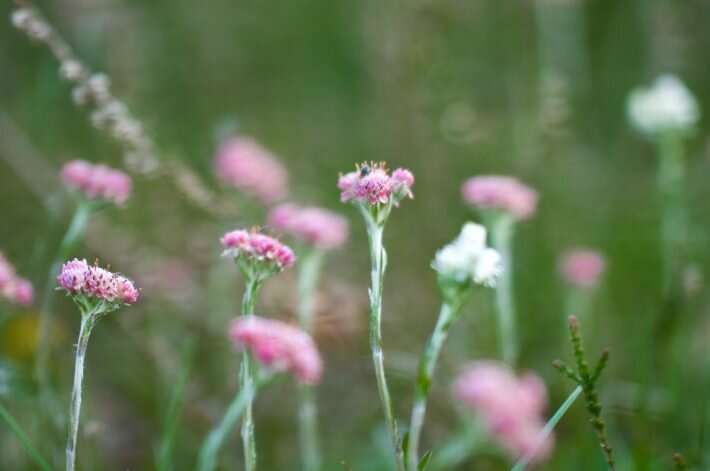This article has been reviewed according to Science X's editorial process and policies. Editors have highlighted the following attributes while ensuring the content's credibility:
fact-checked
peer-reviewed publication
trusted source
proofread
Natural seed banks are detrimental to biodiversity, according to new study

A new study from the Swedish University of Agricultural Sciences has shown that a common method of plants preserving seeds in "seed banks"—which involves storing them in soil until more favorable conditions for their survival arrive—is unlikely to save flora during ongoing global heating.
Producing seeds is an important way for plants to spread to new places. Being stored in soil allows seeds to survive temporary environmental changes or persist in an area following a deterioration of local conditions.
Researchers investigated how seed storing might help plants survive our warming climate. They collected data from over 40 published studies, extracting information regarding which species had seeds present in soil, and which ones were above ground in more than 2500 locations across nine countries.
As average European temperatures have increased by almost one degree Celsius, it was expected that the seeds stored in soil would reflect past, cooler conditions. Alistair Auffret, one of the study's researchers, noted, "We were surprised that the plants featuring seed banks mainly consisted of species better suited to warm climates."

The strategy to store seeds in the soil is more common in species that have a warmer, more southernly distribution in Europe. This means that instead of simply allowing species to persist as the climate warms, the species with seed banks are ones already suited to warmer temperatures. However, this is not necessarily a positive finding for biodiversity.
"These 'warm' species are mostly weed-like generalists that can contribute to plant communities becoming more homogenous," continues Alistair. The results are also bad news for plants that do not enjoy higher temperatures. Alistair concluded "We now know that more northerly species lack the valuable strategy to survive as the warming continues."
More information: Alistair G. Auffret et al, More warm‐adapted species in soil seed banks than in herb layer plant communities across Europe, Journal of Ecology (2023). DOI: 10.1111/1365-2745.14074
Journal information: Journal of Ecology
Provided by British Ecological Society




















